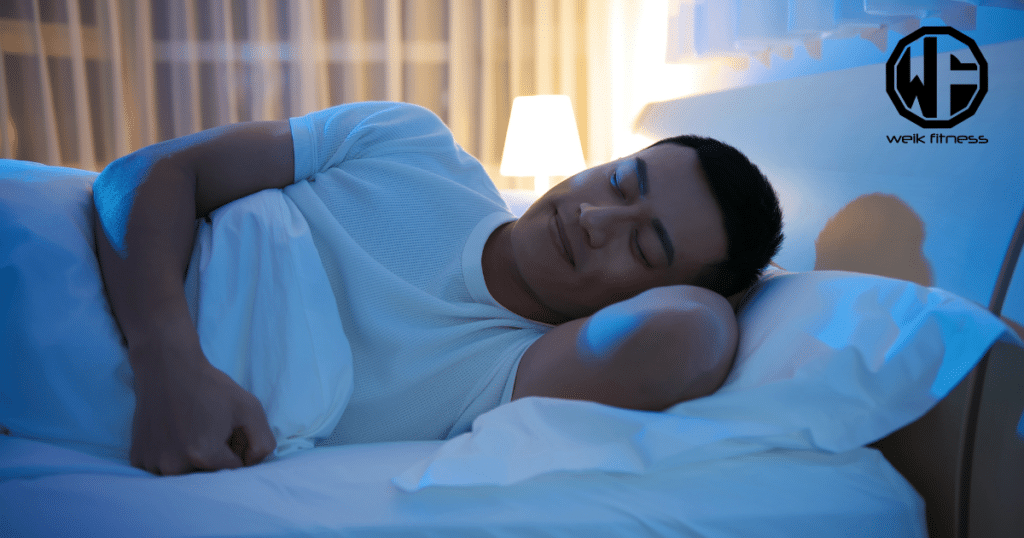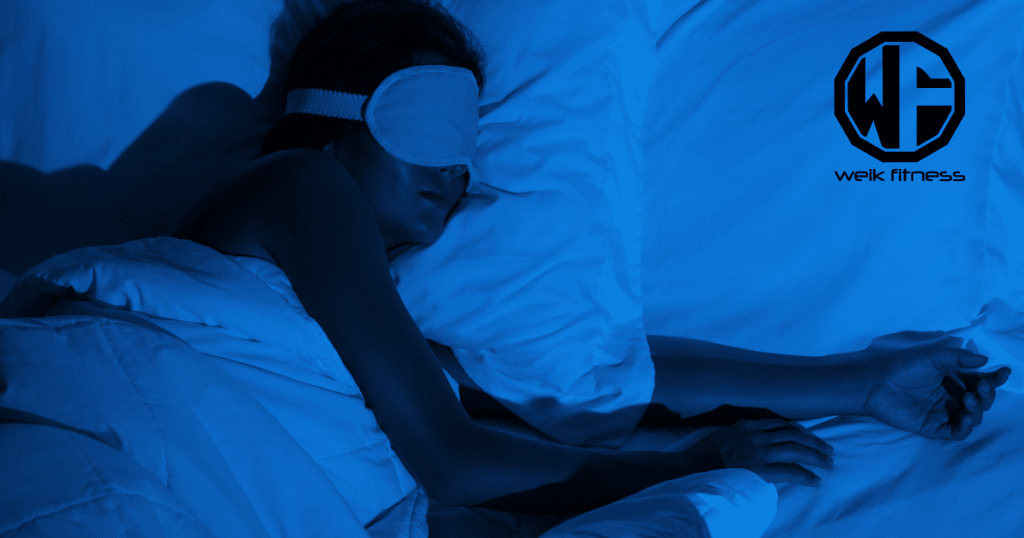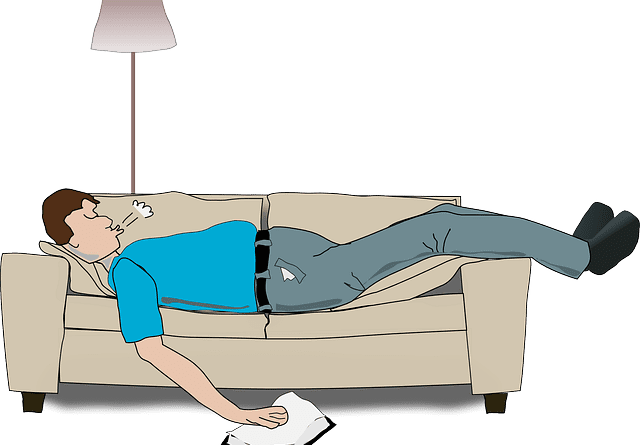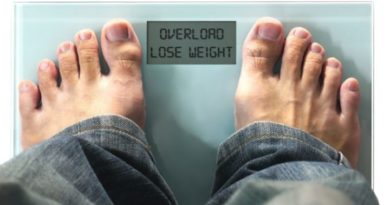Should You Monitor Your Sleep Each Night and If So How?
Many things can affect your health (good and bad) and sleep is one of them. Those who focus on their health and fitness levels have a means of tracking their progress and determining factors such as weight, lean muscle mass, body fat, body measurements, strength, blood profile, etc. Yet, not many people focus on their sleep. Should you monitor your sleep? Absolutely and here’s why and how.
Disclaimer: This article is for informational purposes only and is not meant to treat or diagnose any condition. It is recommended that you speak with your doctor before starting any exercise program, changing your daily nutrition, or adding any supplements to your regimen.
Table of contents

What Happens When You Don’t Get Enough Sleep and Don’t Monitor Your Sleep?
If you aren’t getting enough sleep, there’s a laundry list of negative side effects, but for the sake of this article, we are going to focus on how it can affect your health and weight. It is recommended that you get a minimum of seven hours of sleep each night. While many will laugh at that number as they like to burn the midnight oil and get things done late at night when things are quiet around the house, not getting enough sleep can do more harm than good.
What happens if you don’t monitor your sleep or get enough?
1. Lack of Energy
It should come as no surprise but if you aren’t getting enough sleep each night, you’re going to wake up the next morning without any energy. You’ll feel lethargic, unmotivated, and likely to skip your workout due to it. In addition, lack of sleep can lower libido and sex drive. For all of those reasons, you should monitor your sleep – especially if you find yourself waking up without feeling refreshed or if you know you were restless and didn’t sleep well.
2. Increase in Hunger
The next two go hand-in-hand. When you don’t monitor your sleep and aren’t getting enough, it can throw off your hormone levels. More specifically, cortisol (a stress hormone). Unfortunately, cortisol has a domino effect once the levels become elevated. When cortisol levels rise, ghrelin (a hunger hormone) also rises until leptin (what makes you feel satiated) can finally send a signal to the brain telling it that you’re full. With an increase in ghrelin, you’re going to feel hungry and it can lead you to the next side effect.
Related Article: Is the 8-Hour Sleep Rule a Myth or Legit?
3. Weight Gain
When you don’t get enough sleep, ghrelin levels can stay elevated daily. This will cause you to feel hungry all day long which can lead to overeating and putting yourself in a caloric surplus. If this continues, you may find you are quickly putting on weight and body fat. Unfortunately, during this time where ghrelin is elevated, you’re going to be craving all of the goodies you know you shouldn’t be eating such as sweets and unhealthy fatty foods.
What Are the Sleep Stages?

Looking at the various stages of sleep, you have five. The first two stages are considered light sleep, stages 3-4 are known as deep sleep, and the final stage is known as rapid eye movement sleep (REM).
If you were to monitor your sleep, you would be able to see the actual transitions from one stage to another.
Stage 1:
In this stage, you are drifting in and out of sleep. A slight noise could wake you up and pull you out of the first stage.
Stage 2:
At this stage, all movement and activity start slowing down – both eye and muscle. Your body temperature and heart rate also start to drop to help you transition into the next stage which is deep sleep.

Stage 3:
Stage 3 is where you are in a state of deep sleep. This stage has brain waves that are both fast and slow intermixing for the time being.
Stage 4:
This stage is also considered deep sleep. However, at this stage is where only slow brain waves are produced, and it transitions into the last stage.
Stage 5:
The final stage of sleep is rapid eye movement and it’s where your brain is extremely active which causes the movement of your eyes even though they are closed and you’re asleep. Here is where you have vivid dreams.
How Do You Monitor Your Sleep?

There are plenty of devices out on the market that can help monitor your sleep. Some of these devices get placed under your mattress where they monitor your movement, breathing, etc.
Then you have some wearable devices such as the Apple Watch which you can wear when you sleep to monitor your patterns and behaviors (you’ll need to download a sleep app in order to monitor your sleep).
All of these devices will generally link up to an app that will create a dashboard where you can view various nights, the stages of sleep, how long you were in each stage, an overall sleep score/rating, and total time asleep.
Click here to continue reading…


*Disclosure: This article may contain affiliate links or ads, which means we earn a small commission at no extra cost to you if you make a purchase through these links. These commissions help support the operation and maintenance of our website, allowing us to continue producing free valuable content. Your support is genuinely appreciated, whether you choose to use our links or not. Thank you for being a part of our community and enjoying our content.
PLEASE CONSIDER SHARING THIS ON YOUR SOCIAL MEDIA TO HELP OTHERS LEARN MORE ABOUT THIS TOPIC.





